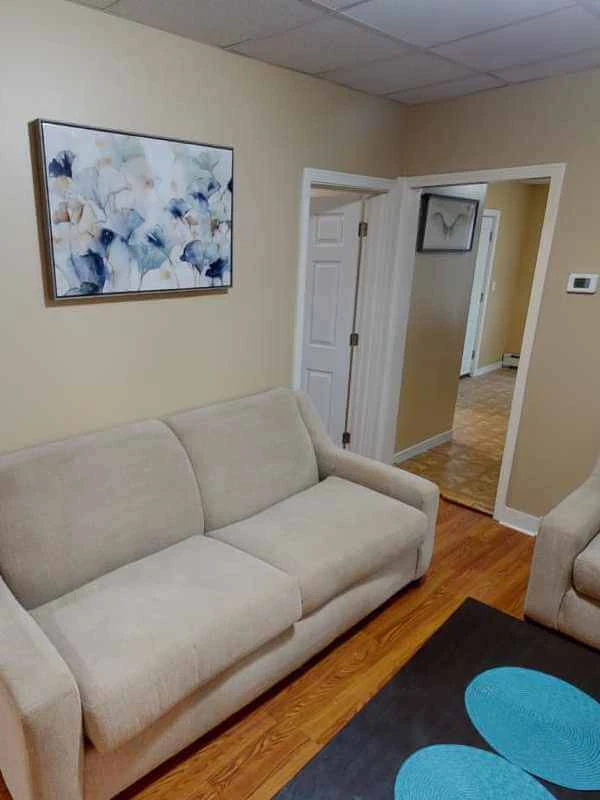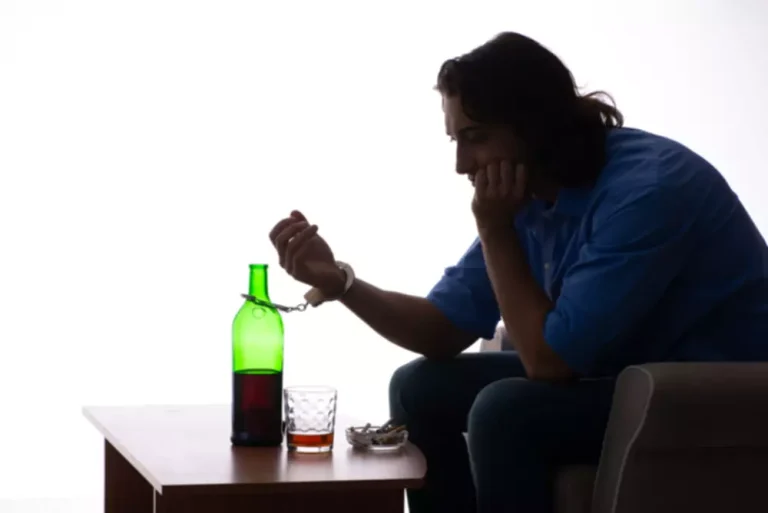
In response, primary guardian and parental figures demonstrate a wide variety of behaviors and attitudes. Some may tune in and out, being inconsistently emotionally available for their child. Others may feel denial and misdirect their anger, sparking communication breakdowns.
Peer Engagement Specialists
Children living in a home with those with substance abuse disorders manifest a range of negative mental and physical side effects. During treatment, an individual works with the clinical team to help soothe their fight, flight, and/or freeze response and progress toward sobriety. Parallel to that person’s recovery, their family members need time and support to heal from the crisis too, and to nurture their own individual recovery, as well as the family system’s recovery. If the family does not work on themselves, it limits the chances of their loved one maintaining long-term recovery when they leave treatment (CDC, 2023).
What Does the Parallel Process Look Like?

She is also a part-time instructor at the University of Buffalo School of Social Work and a local activist. As a mom who has navigated her own life while also loving her son through his addiction for more than a decade, she is committed to creating something positive and meaningful out of this experience. She helps women come home to themselves and supports those who have been impacted by a loved one’s addiction to make their own well-being a priority and to find peace and possibility beyond the pain. Families can play an essential part in assisting their loved ones by encouraging them to seek treatment, offering emotional support, and directing them to resources and specialists who can help them on their road to recovery. Addiction is a disorder that prevents people from being able to go without substance use. So, individuals who suffer from substance dependence cannot stop using alcohol or drugs, regardless of how hard they try.
Family Involvement in Substance Abuse Treatment
- Dr. Smith-Wilson is adjunct faculty at the School of Social Welfare, Undergraduate and Graduate MSW Program, University of Albany, where she teaches Macro Practice Social Work and Organizational and Community Theory.
- SAMHSA’s mission is to lead public health and service delivery efforts that promote mental health, prevent substance misuse, and provide treatments and supports to foster recovery while ensuring equitable access and better outcomes.
- While families often bear the burden of the consequences of their loved one’s substance use disorder, they can also play a huge role in their family member’s recovery.
- What follow are her insights for anyone who wants to play a positive role in their family member’s recovery from drugs or alcohol.
The information we provide is not intended to be a substitute for professional medical advice, diagnosis or treatment. It should not be used in place of the advice of your physician or other qualified healthcare providers. Without such accounting, initiatives to increase family involvement in those contexts are as likely to pile-up harms as to promote recovery. Providers should also be attuned to potential harms, but also conditional benefits, of https://ecosoberhouse.com/ involving family members in contexts of child abuse/neglect, family violence, and other family-related trauma. Keisha has served as the Project Director for the Central Nassau Guidance COTI Mobile Recovery Unit for over 2 years. Keisha also has extensive experience supervising and providing concrete and clinical supervision to ensure that appropriate lines of communication are developed and maintained between administration, staff and clients.

This sense of loyalty and dedication in the family unit can be an integral part of the recovery process for alcohol use disorder. Stephen has worked for the past 17 years in Behavioral Health focusing on Substance Use Disorder and recovery support services. Stephen current lives in the Buffalo Area and he is a founding member of the Buffalo/Niagara Peer Collaborative.
- Through lived experience, with her sister as her qualifier, Katharine developed an alternative therapy for substance use disorder, a Pathway to Wellness through Movement.
- Even if things aren’t “perfect,” they can still be more meaningful as you work together toward a drug-free life.
Family Therapy for Substance Use Disorders and Addiction Recovery
She is co-chair of the State’s Behavioral Health Services Advisory Council, and a co-chair of the Responsible Play Partnership which addresses problem gambling in New York State. Governor Cuomo also appointed Commissioner Arlene Gonzalez-Sanchez to serve as Member of the Council for SUNY Empire State College for a term, which expires in June 2024. The Recovery Village aims to improve the quality of life for people struggling with substance use or mental health disorder with fact-based content about the nature of behavioral health conditions, treatment options and their related outcomes. We publish material that is researched, cited, edited and reviewed by licensed medical professionals.
It’s easy to assume that individuals who suffer from addiction are the only ones who feel the effects of their battle. Their family members may also experience quite a bit of pain and loss throughout the individual’s struggle. Families may begin to drift apart as family support in addiction recovery stress, guilt, blame, fear, and concerns come between them. Family therapy offers plenty of benefits to the family units that have been affected by addiction. This type of counseling can work to meet the emotional, physical, and mental needs of these families.

Advancing research, practice, and policy agendae to increase family involvement in treatment and recovery for SUD among transition-age youth remains an arduous path. Prominent gaps and barriers to involving families in youth SUD services exist at multiple levels. Agencies frequently do not prioritize family-centered outreach or treatment planning (SAMHSA, 2020b). And families themselves experience lack of resources, low confidence, and stigma-related reticence to engage with SUD systems of care (England-Kennedy & Horton, 2011). However, research on peer-based RSS for SUD is quite limited in both quantity and quality (Bassuk et al., 2016; Eddie et al., 2019), with virtually no studies testing impacts on CSO wellness specifically (but see Carpenter et al., 2020).
The Family’s Role in Addiction and Recovery
The goal of these programs is to provide help for families of those living with addiction. They also provide a safe, nonjudgmental space where family members can learn, discuss and cope with an addiction unfolding in their midst. There are many online resources that can help families learn about addiction. Most bookstores also offer a wide selection of books about the chemistry of addiction and the science behind addiction treatment. In 2019, about 5.3% percent of Americans aged 12 and older had an alcohol use disorder, the clinical term for an alcohol addiction.

